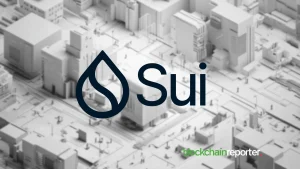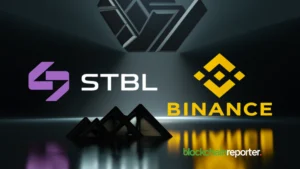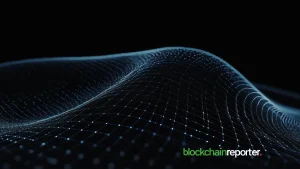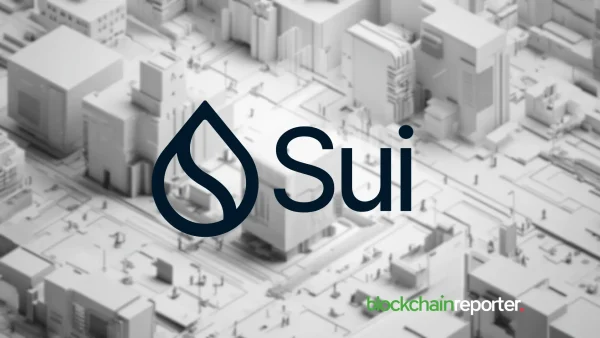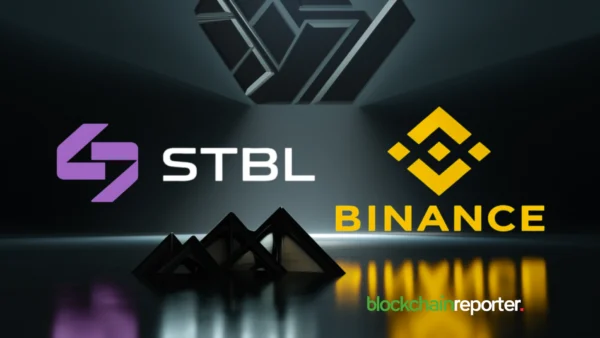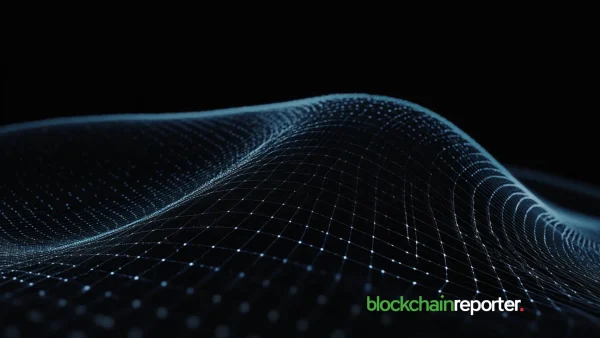
The long wait for the launch of the Tezos cryptocurrency project is over following the official launch early September 17, 2018. The launch is important as it will help to support the projects new digital asset.
Tezos Live
The blockchain project Tezos should have come earlier, but it was plagued by leadership wrangles that delayed completion of the project even after raising $232 million during a July 2017 Initial Coin Offering.
According to the official timetable, the project should have been up and running by the end of 2017 but the roadmap was thrown off-balance by the bitter governance wrangles between Johan Gevers and Breitman. The resolution in February after the resignation of Gevers calmed the fears that the entire project would disintegrate.
Tezos was one of the biggest ICOs the blockchain industry has seen and even though it took longer than expected, the launch of Tezos’ network is an important milestone. Tezos president Ryan Jespersen stated earlier in a message:
“Reuters attempted to speak with the foundation to confirm other details, but it does not appear as though there are additional details.”
Tezos has functions that are similar to a smartphone’s operating system through which third parties can plug into the service through Apps. The Tezos option is superior because of its decentralized structure meaning the entire Tezos community is involved in its ownership, operation and development as opposed to a single entity or company.
Ending of the Testing Phase
The platform has been running on “trial mode” since the end of June in what the company called a “controlled trial phase.” Selected users were able to Bake or mint the digital Tezos tokens that the system runs on amid fear that technical problems could cause a shutdown. Ryan Jespersen said about the development:
“It’s a testament to the Tezos project – the technology and the community – that together we arrived here and are thriving […] there has been adversity, but everyone has come out of it stronger.”
With Tezos now up and running and firmly in the hands of its decentralized community, Gevers and Breitmans will have to deal with the consequences of the dispute that includes civil lawsuits and potential regulatory probes.
The project has been subjected to multiple class-action lawsuits within the United States with claims that the Initial Coin Offering, which was structured as donations, violated the current securities laws since most people believed that they were making an investment; the lawsuit alleges the organizers defrauded investors.
